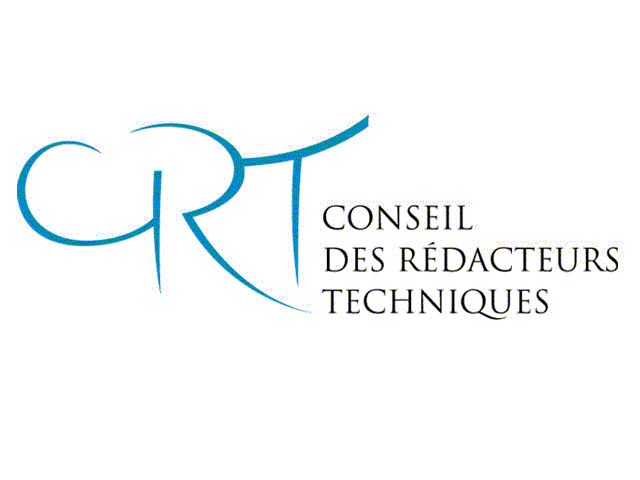
Dr. Thomas L. Warren's abstract
Educating Technical Communication Students in Europe: An American Perspective
Educating technical communicators to communicate with audiences not of their own culture requires a different approach than one might use when educating students to communicate within their own culture. When someone from a different culture is doing the educating, the approaches and issues take on a new significance.
Among the issues that teachers must address are overcoming tendencies to assume that the way one culture does things is the way other cultures should do those things (for example, developing a résumé to be sent to a different culture). Educational techniques include having students read and respond to job notices from other cultures (but not actually send them), using the web to find job descriptions with large companies that reflect their career interests, interviewing members of their own and other cultures, and monitoring and participating in listserv discussion groups.
A key element for the teacher is to understand how technical communication is taught in both the culture of the students and the target culture(s). By studying course outlines, textbooks, and research materials, teachers can learn a great deal about how teachers in the target culture teach technical communications. If the target culture is the same as the teacher's, then the teacher must be well aware of cultural differences in how communication occurs in their own culture-and that means having business, industrial, or governmental experience.
The presentation will focus on experiences I have had while being a guest professor at the University of Paderborn and teaching students in engineering, international business, and other disciplines. In addition, I have made presentations at other schools throughout Europe on topics related to educating technical communication students. I would request that this talk follow my previously submitted on because of the issues concerning educating students raised in that talk and the discussion to follow. The list of issues for discussion for that first talk (see below) will be as applicable to this one as to the previous one. The discussion, however, will take a much different focus based on the cultural focus of this talk.
Idea Market Discussion Issues
With this as background, what do you think about how technical communicators
are educated-in your country especially? How do you react to the following
assertions:
1. Technical communicators must have a technical background before working in industry, business, or government. The formal educational systems must supply that background as part of the degree programs.
2. Professional technical communication societies must directly influence how technical communicators are educated through offering guest lecturers, internship opportunities, and participating on advisory committees.
3. Professional technical communication societies should control the technical communication certification processes, including the decisions about what knowledge should be certified.
4. Professional technical communication societies should certify formal educational programs.
5. Professional technical communication societies should offer continuing education for the technical communicator rather than the formal educational system.
About Dr. Thomas L. Warren
Dr. Thomas L. Warren, Professor of English and former Director of the Technical Writing Program, is a Fellow in both the Society for Technical Communication (STC) and The Association of Teachers of Technical Writing (ATTW). He has recently been awarded the Jay Gould Award for Teaching by STC. He is past-president of INTECOM and past-president of the Erik J. Visser Fund Foundation, His research and publications relate to cross-cultural communication, theories of technical communication, reader analysis, and visual theory.
He initiated the technical writing degree program at Oklahoma State University
in 1978. This program offers bachelor (4 year), masters (5th year), and
Ph.D. work in technical communication. He regularly presents papers at
conferences in both the US and Europe, and presents talks on technical
communication at universities in England, Sweden, Germany, and Denmark.
He is a guest professor at the University of Paderborn, Germany, lecturing
on technical communications, scholarly publications, and presenting technical
information at technical conferences.